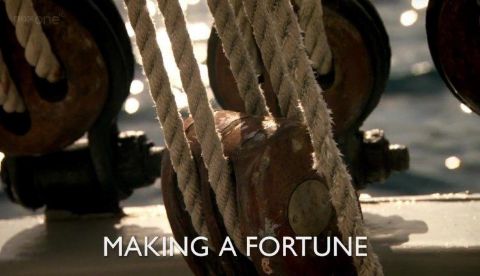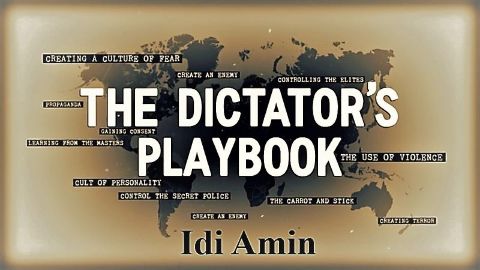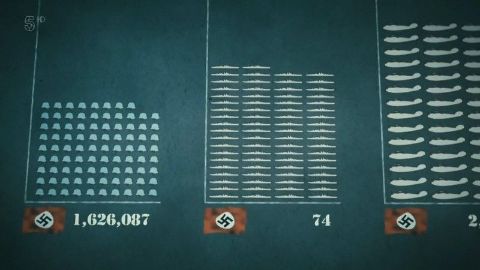A Taste for Power • 2012 • episode "S1E1" • Empire
In the first programme, he asks how such a small country got such a big head, and how a tiny island in the North Atlantic came to rule over a quarter of the world's population. He travels to India, where local soldiers and local maharajahs helped a handful of British traders to take over vast areas of land. Spectacular displays of imperial power dazzled subject peoples and developed a cult of Queen Victoria as Empress, mother and virtual God. In Egypt, Jeremy explores the bit of Empire that never was, as Britain's temporary peace-keeping visit turned into a seventy year occupation. He travels to the desert where Lawrence of Arabia brought a touch of romance to the grim struggle of the First World War. As Britain came to believe it could solve the world's problems, he tells the story of the triumphant conquest of Palestine by Imperial troops - and Britain's role in a conflict that haunts the Middle East to this day.
Make a donation
Buy a brother a hot coffee? Or a cold beer?
Hope you're finding these documentaries fascinating and eye-opening. It's just me, working hard behind the scenes to bring you this enriching content.
Running and maintaining a website like this takes time and resources. That's why I'm reaching out to you. If you appreciate what I do and would like to support my efforts, would you consider "buying me a coffee"?
Donation addresses
BTC: bc1q8ldskxh4x9qnddhcrgcun8rtvddeldm2a07r2v
ETH: 0x5CCAAA1afc5c5D814129d99277dDb5A979672116
With your donation through , you can show your appreciation and help me keep this project going. Every contribution, no matter how small, makes a significant impact. It goes directly towards covering server costs.









